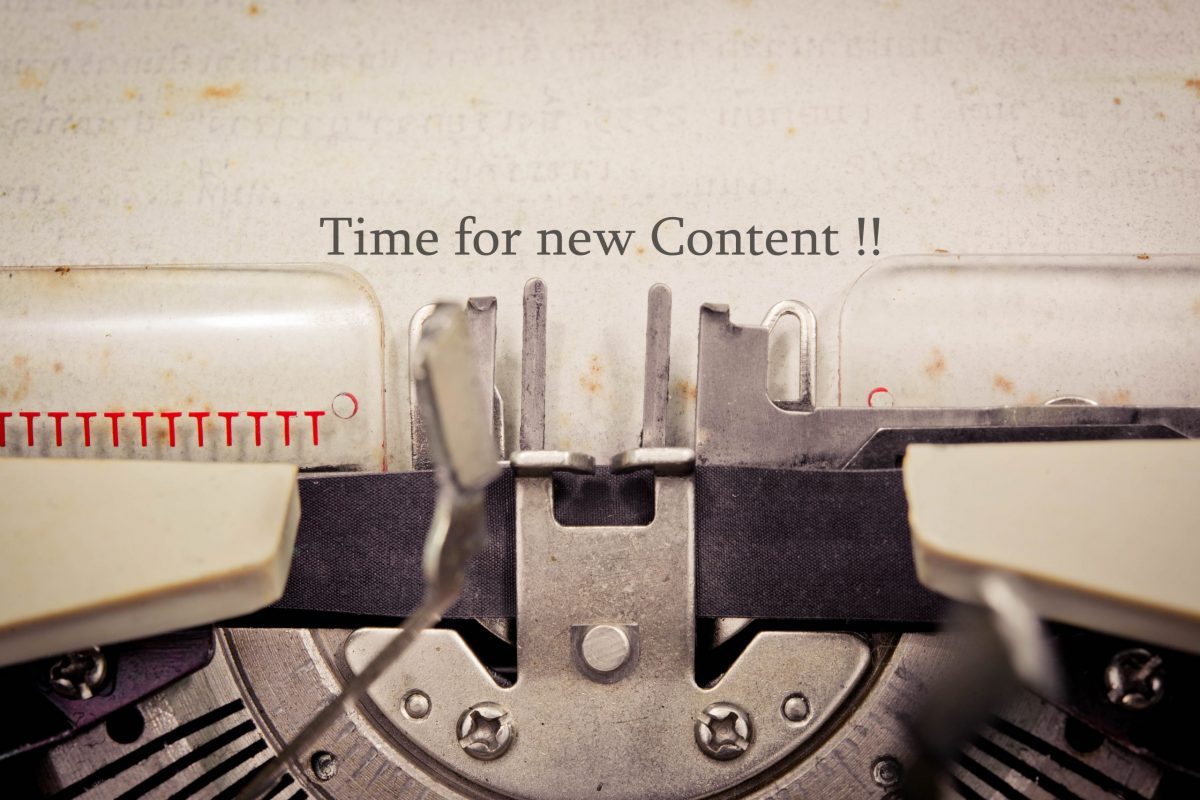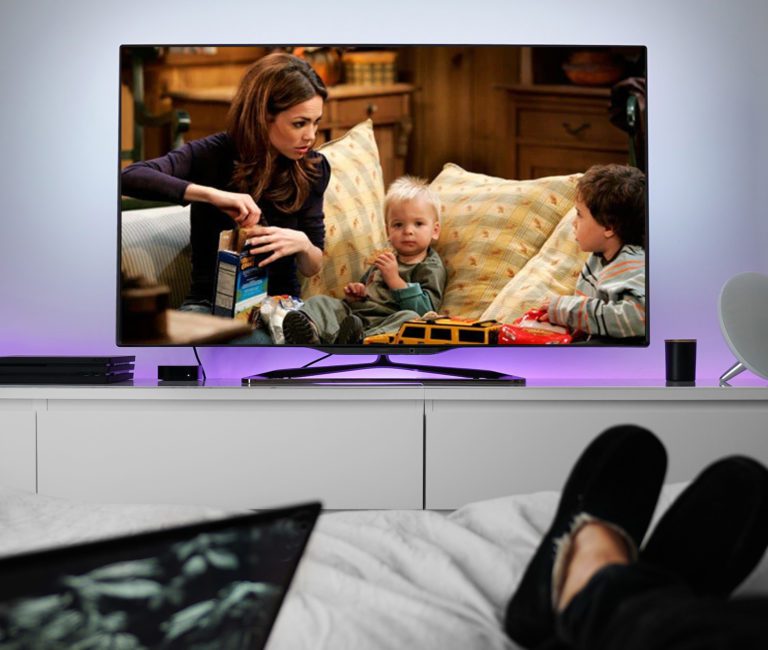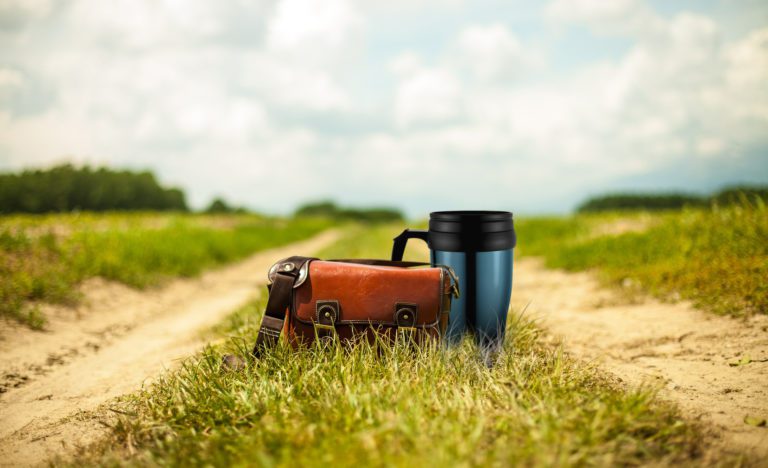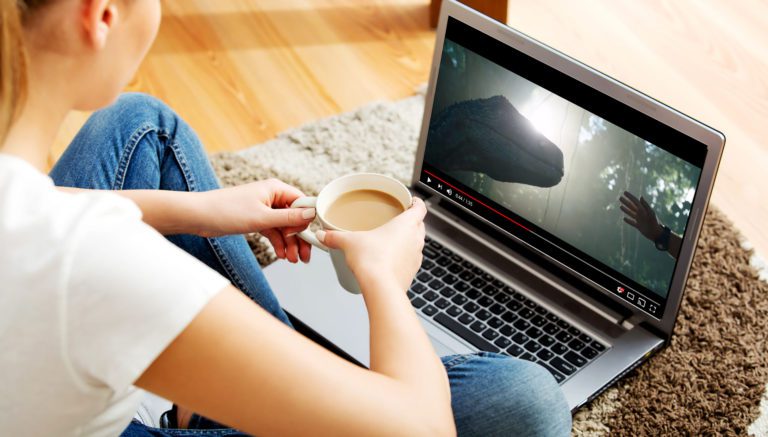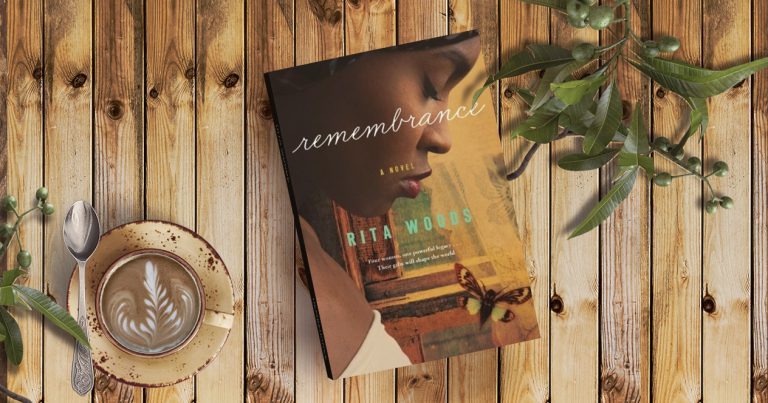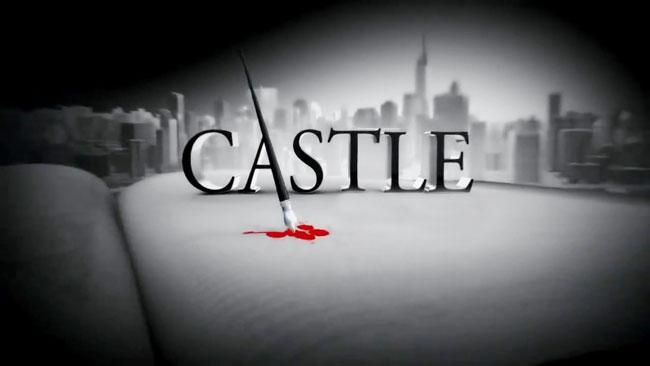Imagine there is no internet. No handheld phone… and a phone, in general, that doesn’t include a really long cord you have to stretch into the pantry for some privacy.
Imagine that learning about something requires getting shoes on, walking to the local library, and looking for a good reference book.

Is there a horrified look on your face? Confusion? A “But..why?” question lurking in your brain?
Now. Imagine you are in your 1980s living room and a knock comes at the door.
A man stands there, full of smiles, tries to tell you about the wonders of these books he offers, and when he leaves, he hands you a book.
A BIG one. And it has the letter M on it.
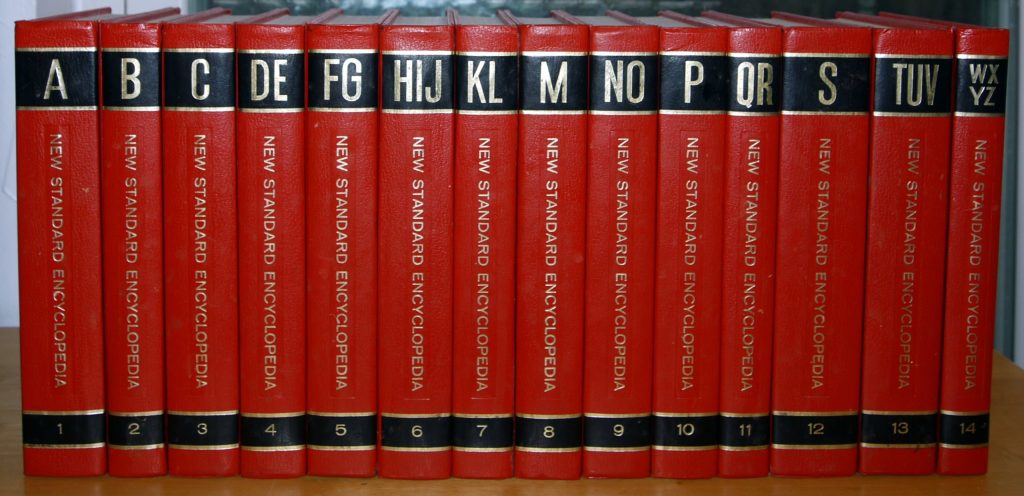
Content Marketing before it was content marketing
Raise your hand if this is familiar. 🙋🏻♀️
Raise both hands if you ever sat on the floor, skimming through all of those M pages. 🙋🏻♀️🙋🏻♀️
(Come on. There has to be another geeky kid out there.)
A while back, I saw a question from a marketing colleague on LinkedIn: What industries offered up content marketing to entice you before it was all hip and cool? (I’m embellishing–er, paraphrasing. He was far more succinct and eloquent.)
While many great answers came in the conversation, the encyclopedia was the first thing that popped into my mind.
What a perfect example of providing the right content to entice a household hungry for information and easier access to attaining it. I remember when the salesmen would come to the door. They always left behind a letter. We didn’t get to choose, which was also smart because I think we had a random few before we got the full set. I loved those books. While I loved going to my tiny neighborhood library (another post for another day), we had to be home when the streetlights came on–and sometimes, I may have just slightly procrastinated on getting school projects done. (Shh. Don’t tell my straight A son.)
Leaving a book behind had a cost, for sure, but it was also a way to build the experience that the encyclopedia could bring: information, at your fingertips in your own home. To today’s generation, that might seem like no big deal. We have information literally at our fingertips all day long. But back then, information was a premium you had to work for. But with this book, you could be smarter, learn more, finish that last-minute project, discover more about a world that at the time, seemed so big and distant in so many ways. It was a novel concept and a very successful one at that.
When you think about your content marketing, what experience are you leaving them with? What are you leaving behind?
An opera about soap
Another great example that I must mention when it comes to content marketing history here is the soap opera. I’ve written about soaps and what brands can learn from them– but these long-lasting shows started as radio shows that aired for the sole purpose of selling soap by Proctor and Gamble.
Think about that. They built entire fictional stories just to have something to air their commercials in. It was genius. And whether you’re a fan of soap operas or not (I am if you haven’t picked that up 😉) they’ve been on for 50 years — and much like the encyclopedia, they are leaving behind not just content, but an experience. Soaps build stories around core families and many of those families are still on the shows today.
If you’re a fan of a soap, you invest in the characters, you know them, you watch them grow up, fall in love, have children of their own. You’ve probably heard of Erika Kane, even if you’ve never watched a single episode of All My Children. Or Luke and Laura’s wedding from General Hospital. Tens of Millions of fans skipped school, work, and life, in general, to sit at home and watch that wedding on TV.
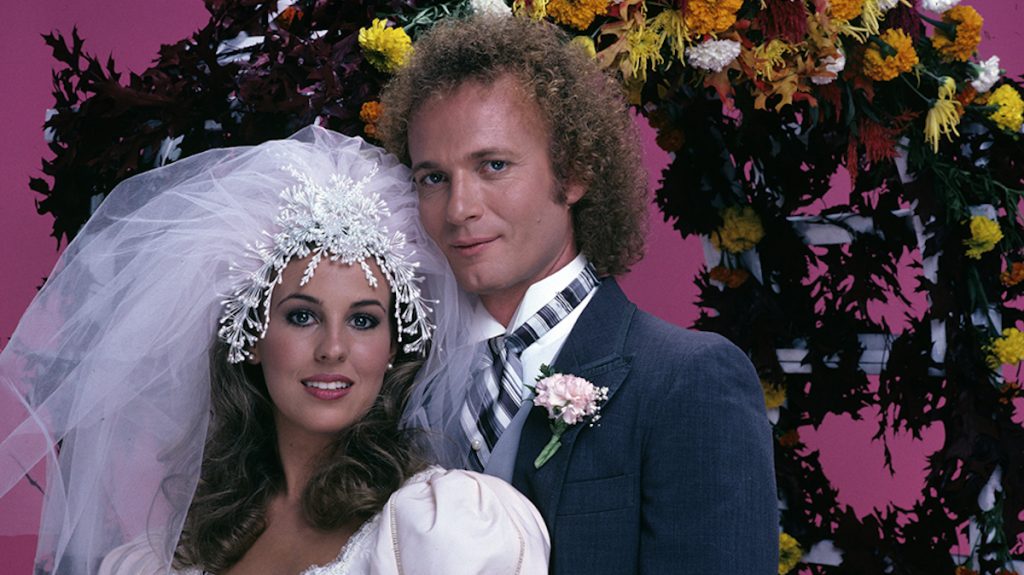
While ironically, I can’t think of the last soap commercial I saw during a soap, soap operas are probably one of the oldest examples of storytelling in marketing. They sold stories but more than that, they sold fantasy and escape. They still do– it’s a part of why their storylines today are so much more fantastical. We live in a pretty cynical world, and fantasy and escapism can be hard to come by. Soaps tow that line of being outrageous and yet relatable at the same time.
If you could create something completely unrelated to your business that your audience would love, what would your soap opera be? What experience would you want them to feel and associate with you?
Who wants a Jell-O Mold?
Another example that really used content marketing to leave a lasting experience is Jell-O.
Take a look at this ad:
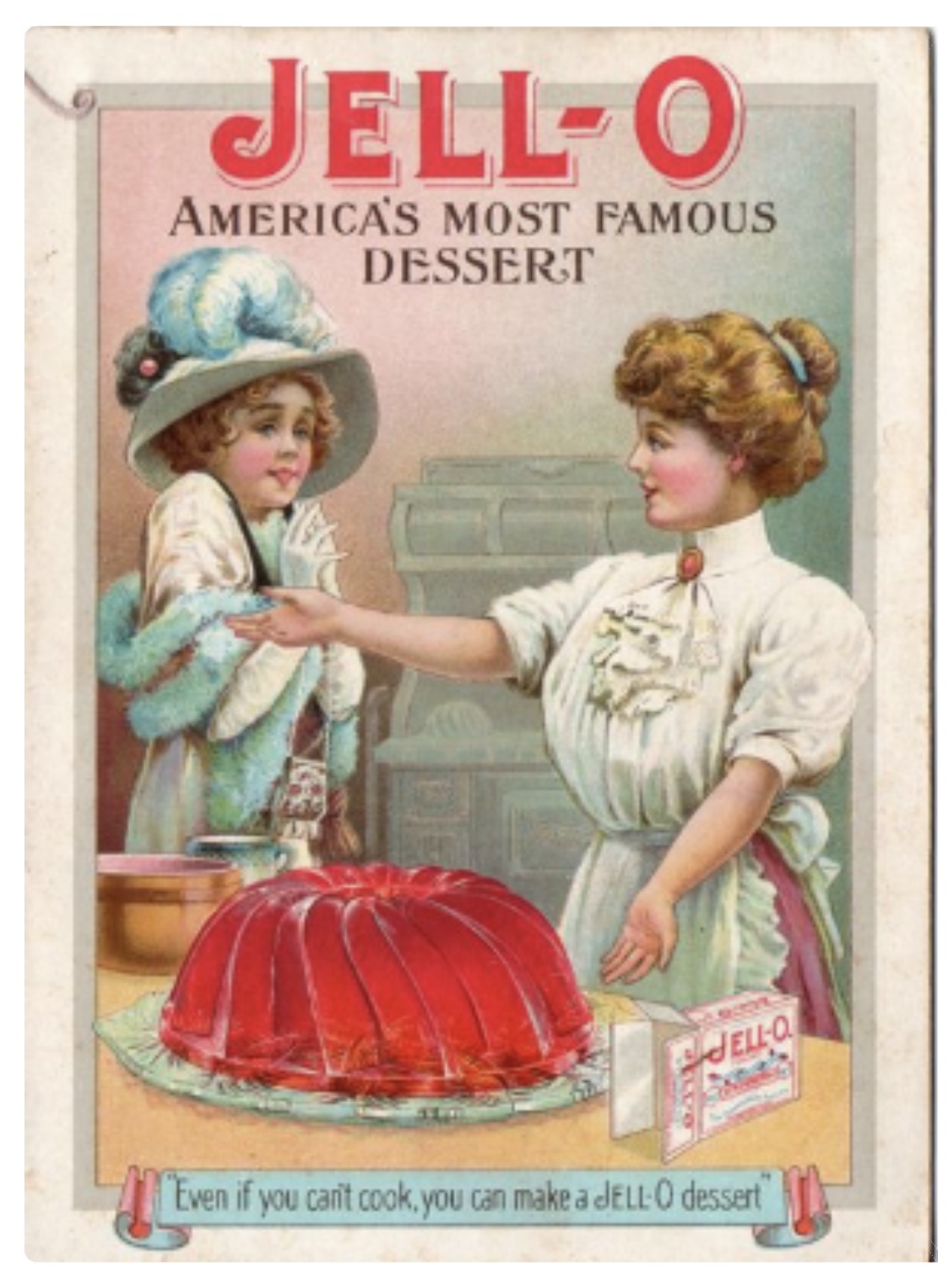
Jell-O wasn’t doing well as a company so they came up with a new campaign that included this ad in The Ladies Home Journal and they gave away recipe booklets of what women could make with Jell-O.
Look at that tag line at the bottom:
Even if you can’t cook, you can make a Jell-O dessert.
This content marketing campaign was targeted at a very specific audience, as well– just like the soap operas.
They were telling the women homemakers of the time, don’t worry– you’ve got this and we’ve got you. The recipe books lasted long after the Jell-O did. The campaign set Jell-O on its path to success.
Content is about an experience.
Each company focused on their ideal buyer and determined what they needed, what experience they could help create in their lives.
The encyclopedia – Imagine being home and learning about the Seven Wonders of the World. You can learn more than you ever thought possible, right in your own home whenever you wanted. You are bringing this big world into your home. You are getting to know the rest of the world, all through the pages of these books.
Soaps – Laundry to fold? We know it’s a chore you have to keep up with, so we’ll help you escape for a half-hour by peeking into dramatically different (and dramatic) lives while you focus on house and home every day. We’ll be here tomorrow, too, with the characters that you care about. Every day you’re focused on taking care of your house, we’ll bring you something to watch. You can count on us.
Recipes for Jell-O – It doesn’t matter what your cooking skills are, you can make something delicious (relative if you like Jell-O of course) and easy with our simple recipes — perfect for your family or maybe for that dinner party on Friday night. It’s fast, simple and puts something colorful and delicious on your dinner table.
What is your leave behind?
As you plan your next content piece, be it large as a soap opera or as small as a small recipe booklet, think of the experience you’re creating. Put yourself in that ideal customer’s shoes. What do they experience when they interact with your content? How does it make them feel? What do they feel after? How does that feeling resonate? Does it linger? Is it forgettable? Or does it carry forward, deepen or lessen?
What relationship does it build with your business? When they think of you, connected to the content you’ve created, how do they feel about you? A brand is only as good as the perception of its customers, so what perception are you building?
What’s the last content marketing you engaged with that built an experience after the fact? Can you remember?
What we create should have an impact, it should carry on, carry forward.

